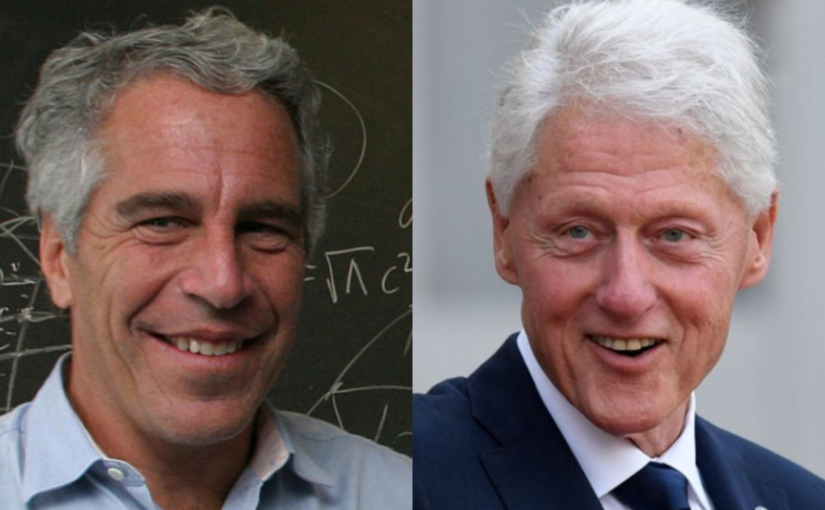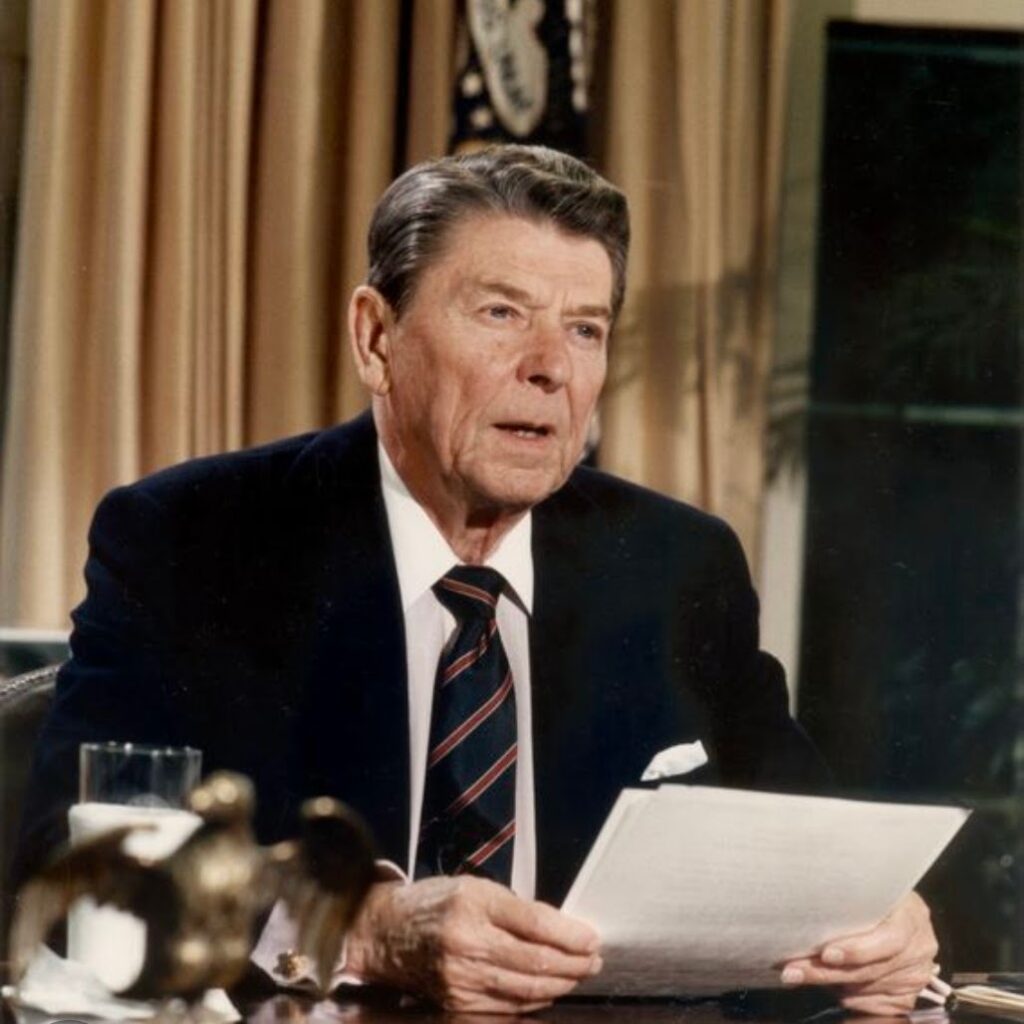Power, Blackmail, and the Shadows of Influence
The Jeffrey Epstein scandal has long captivated the public imagination, fueling theories that extend far beyond the convicted sex trafficker’s own crimes. At its core, the assertion that “everybody is involved” resonates with many: anyone wielding significant power in government seemed either ensnared by Epstein’s blackmail schemes or complicit in a sprawling cover-up. Ghislaine Maxwell, Epstein’s closest confidante and convicted accomplice, stands out as a key figure, but the spotlight often falls on high-profile enablers like the Clintons, whose associations with Epstein raise persistent questions about influence, access, and accountability.
Jeffrey Epstein, a financier who rose from humble beginnings to mingle with the elite, built a network that included politicians, celebrities, and business moguls. His private island, Little St. James—dubbed “Pedophile Island” by critics—allegedly served as a hub for illicit activities, where underage girls were trafficked and abused. Epstein’s 2008 plea deal in Florida, which saw him serve just 13 months with work-release privileges, is often cited as evidence of a rigged system protecting the powerful. His 2019 arrest on federal sex-trafficking charges promised a reckoning, but his death in custody—ruled a suicide—only amplified suspicions of foul play and institutional cover-ups.
Ghislaine Maxwell, Epstein’s partner in crime, was convicted in 2021 for her role in recruiting and grooming victims, receiving a 20-year sentence. Court documents reveal her as the operational force behind much of the operation, procuring girls as young as 14 for Epstein and his associates. Maxwell’s connections extended Epstein’s reach; she introduced him to elite circles, including royalty like Prince Andrew, who settled a civil suit with accuser Virginia Giuffre without admitting guilt. Yet, Maxwell herself denied deeper involvement in some claims, asserting in 2025 that Bill Clinton was her friend, not Epstein’s, and insisting he had no part in the crimes.
The Clintons’ ties to Epstein are among the most scrutinized. Flight logs show Bill Clinton traveled on Epstein’s private jet, dubbed the “Lolita Express,” at least 26 times between 2001 and 2003, sometimes without a Secret Service detail. Epstein donated to the Clinton Foundation, and the pair met multiple times, including at the White House in the 1990s. Accusers like Giuffre claimed to have seen Clinton on Epstein’s island, though no evidence of wrongdoing has emerged. Clinton’s spokesperson has repeatedly denied any knowledge of Epstein’s crimes, emphasizing that their interactions were philanthropic. Hillary Clinton’s involvement is less direct, but the couple’s refusal to testify before a House committee in early 2026—leading to a contempt vote before they relented—fueled speculation of a cover-up.
This narrative extends to broader government complicity. Unsealed documents from Giuffre’s lawsuit against Maxwell name numerous figures: former presidents Donald Trump and Bill Clinton, magician David Copperfield, and former Israeli Prime Minister Ehud Barak, among others. Trump, who once called Epstein a “terrific guy,” banned him from Mar-a-Lago after allegations surfaced, and no charges link him to the crimes. Civil suits allege Epstein arranged encounters for “prominent American politicians” and world leaders, suggesting a blackmail operation to wield influence. The 2008 deal, orchestrated by then-U.S. Attorney Alex Acosta (later Trump’s Labor Secretary), is seen by critics as a sweetheart arrangement that shields elites.
Conspiracy theories thrive here, positing that Epstein’s death silenced revelations about a pedophile ring among the powerful. Yet, facts remain murky: no major political figure has been charged with participating in the abuse. The 2024 unsealing of thousands of documents revealed associations but little new evidence of criminality beyond Epstein and Maxwell. Recent calls during Trump’s second term for full transparency have highlighted bipartisan entanglements, with names like Elon Musk and Sergey Brin also surfacing in the files.
In the end, the Epstein saga underscores a troubling reality: wealth and power can obscure justice. Whether through blackmail, enabling, or willful ignorance, the involvement of so many raises questions about accountability in high places. As investigations continue, the public demands answers—not just names, but truth.









